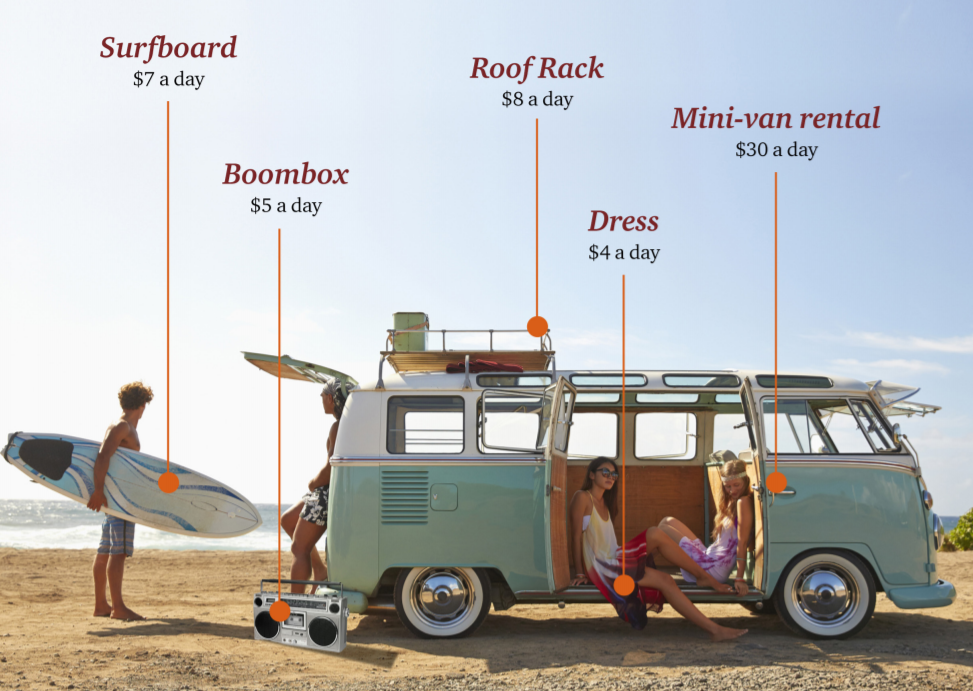
The sharing economy is projected to grow from $15 billion in 2014 to $335 billion in 2025. Underutilized assets are abundantly available in a world with too many people that have too many things. There are thousands of companies and individuals with assets waiting to be used. Emancipation from owning is becoming an increasingly freeing notion, and sharing is fostering seeds of community — sharing is caring, right? The world is shifting to the world of a shared economy. It’s time for entrepreneurs to start looking at alternative ways their clients could access and use the products they are currently selling. The concept is to enhance the usability of assets, making their lifespan more worthwhile.
Here are several reasons your business should consider the potential of joining the shared economy. Low-cost shared-economy options save consumers and companies money while contributing significantly to individuals on the other end. When we share among ourselves for a small fee or rent from businesses or individuals, equipment or assets actually get used, more people can enjoy them, and there is money to be made. Many of us have a lot of things that we don’t need — according to one estimate, 80% of items in our home are used less than once a month, and yet self-storage rates are rising. Many expensive equipment is usually not worth the price of ownership.
Millennials have adopted new values of efficiency. They don’t need to worry about possessions. The sharing of food and other activities like going to the gym or cooking for each other are more important than having a car or spending money on expensive items like jewelry. If you don’t have a lot of money to spend, you may not be able to afford to buy a new car. If your business doesn’t grow as expected, you might not have enough money to buy new computers. You may not have the money to pay for new computers if you have too many old computers.
Auto320
The Sharing Economy Is Still Growing, And Businesses Should Take Note